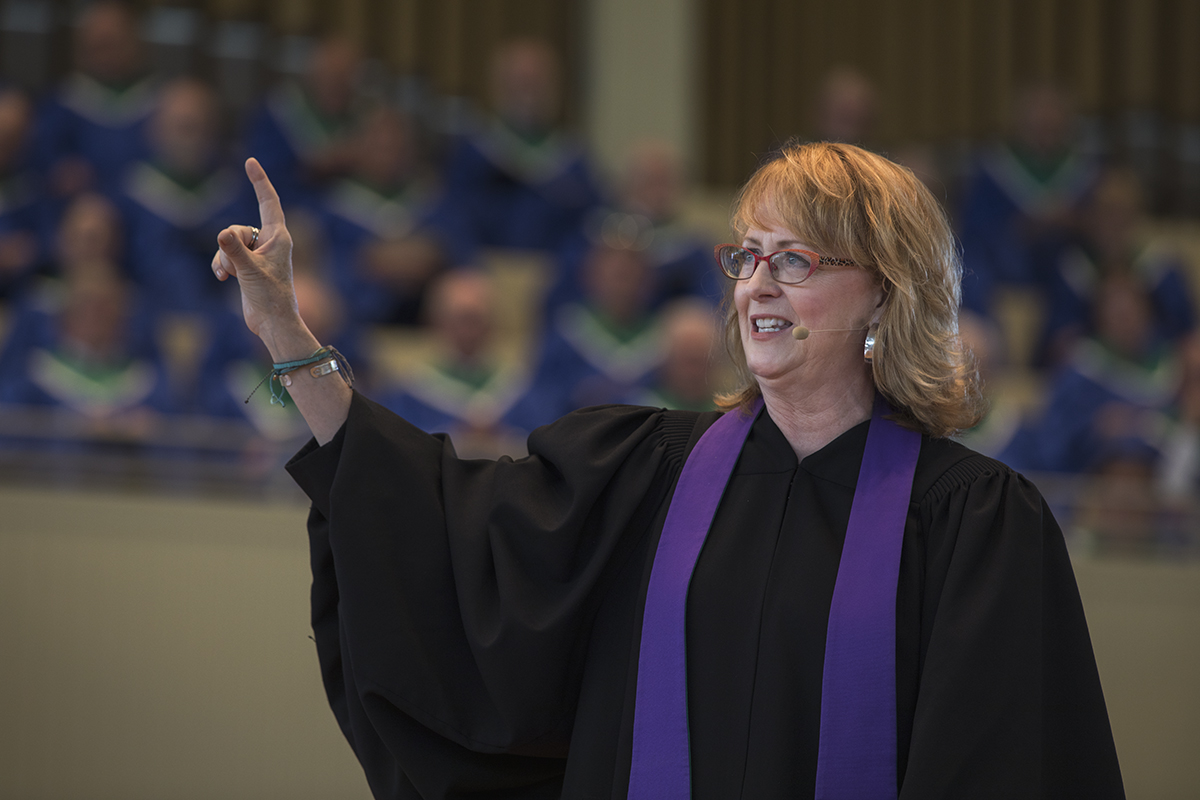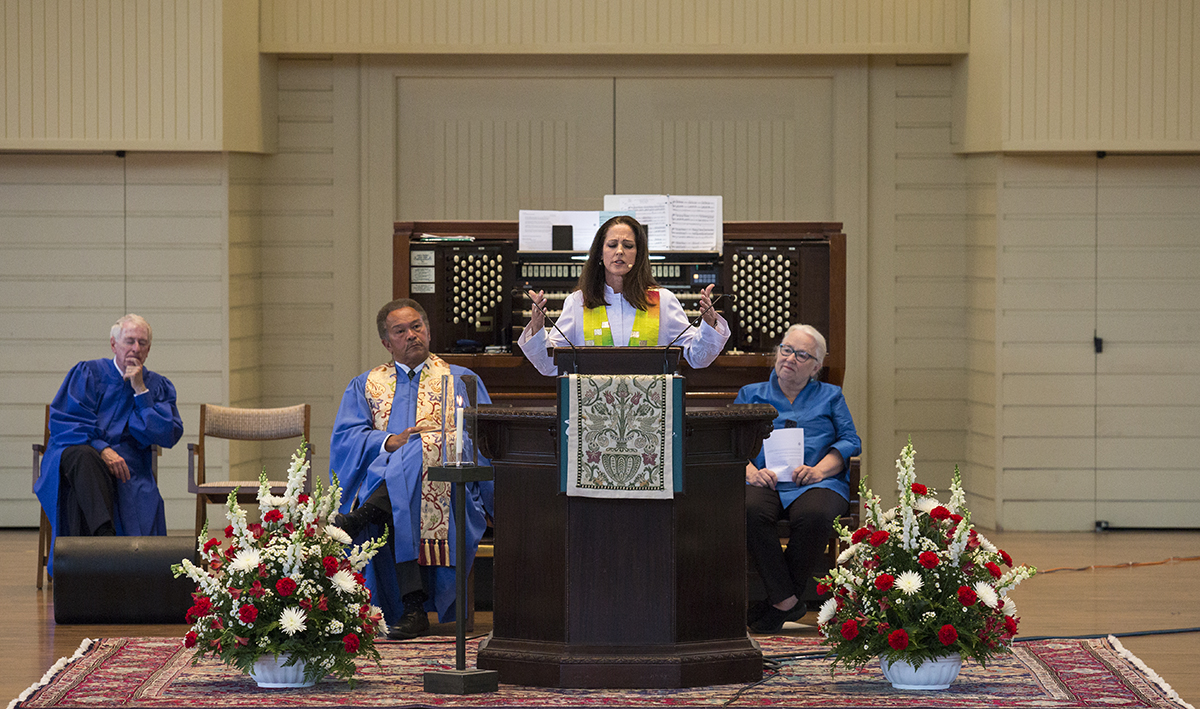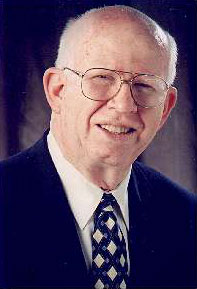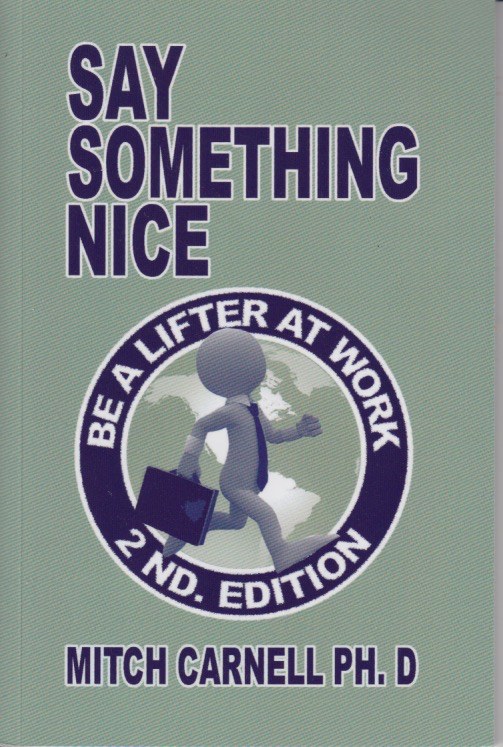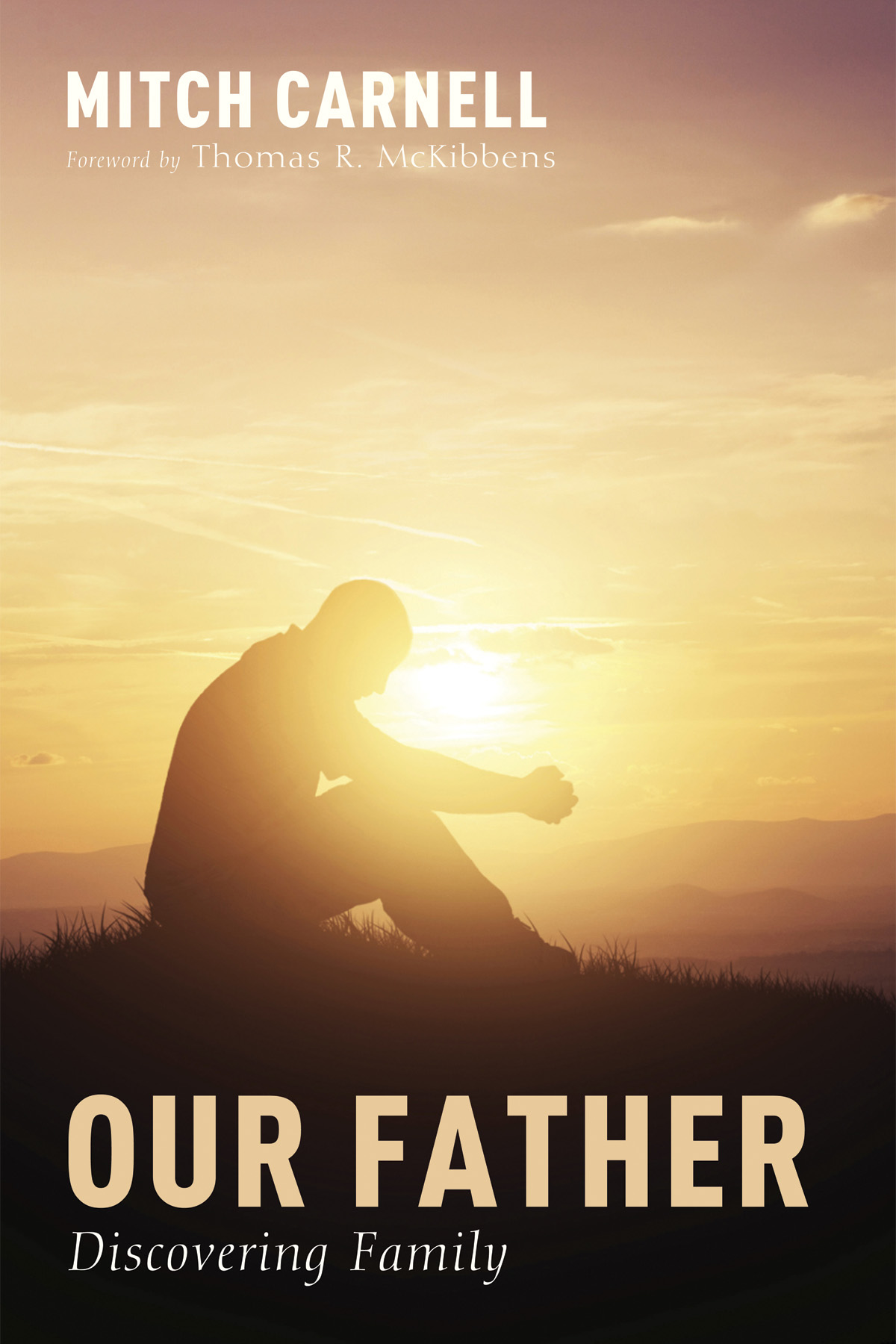This is part two of a two-part series about finding blessings in the midst of pain.
In my last column, I wrote about my opportunity to visit two holy shrines in Birmingham, Alabama. The first was Eugene’s Hot Chicken. It was there that a local resident shared why hot sauce makes fried chicken so fabulous. Sporting a mischievous twinkle, she explained, “It takes heat to bring the grace.”
Ain’t that true—for chicken and for life. Sometimes the hardships we face (the heat) come bearing divine blessings (the grace).
Which brings me to the second holy shrine I had the honor of visiting: the Civil Rights Trail. My trail walk included Kelly Ingram Park, the site of some of the most vicious confrontations over civil rights in Birmingham. Truly, a place where heat cracked open the door for grace.
The park is encircled by sculptures memorializing the violence, including fire hoses pointed at the crowds of protestors and cement walls you walk between that have three-dimensional police dogs lunging out on all sides.
Of all the powerful installations, perhaps the most visceral is “The Four Spirits.” It depicts four little girls around a park bench preparing for worship at the 16thStreet Baptist Church. On September 15, 1963, a bomb planted by the KKK exploded under the front steps of the church, killing those four little girls: Addie Mae Collins, Denise McNair, Carole Robertson, and Cynthia Wesley.
The deaths of those tiny civil rights warriors spurred an international outrage that marked a turning point in the Civil Rights Movement and fueled support for the Civil Rights Act of 1964. In fact, the tombstone for Addie Mae Collins reads: “She died so freedom might live.”
I walked to the church located across the street from the park, and there I discovered a huge stained-glass window on the back wall near where the bomb exploded. It glimmered in the sun, a black crucified Christ in its center.
A member of the church pointed out to me that the right hand of the Christ is flexed to represent the pushing away of hatred and injustice, while the left hand is outstretched, palm open, offering forgiveness. Under the image are the words “You do it to me,” based on Matthew 25:40: “What you do to the least of these, you do it to me.”
She then explained the window’s remarkable history. As the news of the bombing spread worldwide, John Petts, an artist in a tiny coastal village in Wales, heard about the tragedy and offered to create a window to replace the destroyed back wall of the church.
Rather than have a few wealthy individuals fund the project, donations were capped at half a crown (around 15 cents in current value) so that the window would be a gift from the people. All over Wales, people lined up to give. School children brought pocket money to donate. That tiny nation, more than six times smaller than Alabama, pulled together and created that window to help rebuild the church.
Sometimes it takes heat to bring the grace.
I walked home at the end of the afternoon, moved yet utterly disheartened. Here we are, fifty years of heat later, and the grace of true civil rights still hasn’t come. Violence is still aimed at our brothers and sisters of color. Racist hearts are still hardened against them. Equality is still held far from their reach.
I returned to Eugene’s for dinner, hoping for solace and grace from the heat of the chicken. But before I ate, I paused to pray for a larger grace, a grace for which Addie Mae Collins, Denise McNair, Carole Robertson, and Cynthia Wesley made the ultimate sacrifice. A grace that was and is the legacy of the crucified Christ. A grace that will come only if all of us—side by side, hand in hand—face the heat together. For it is then that we the people will bring the ultimate grace of freedom.
